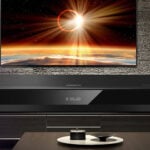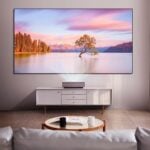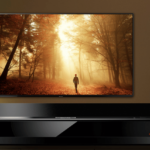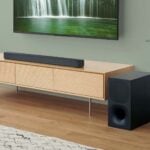MarkRoberts
Stunt Coordinator
- Joined
- Oct 20, 2002
- Messages
- 167
This makes no sense to me at all. No matter how good they reproduce sound they are no good for HT?! HUH??
According to THX the concept is to make every seat in the theater sound as good as any other.Sounds like a good idea to me,at first. What this means to me given the extreme off-axis seating in theaters they have to make the "best" seating positions sound as bad as the extreme off-axis ones. Unless some one can explain why/how they make the sides(against the wall,under the speakers) and rear(under the speakers) corners sound as good as the center ones. Oh, wait its a big "THX" secret.Since they only provide a partial list of the actual requirements.Manufacturers are required to sign a non disclosure agreement about the rest. Google if you don't believe me.
Now I don't know about you but I don't have any major off-axis seating in my theater so why do I need equipment to account for it?
Or should I just be a good little automaton and nod my head and keep in line with the THX overlords. Thats another joke BTW.





